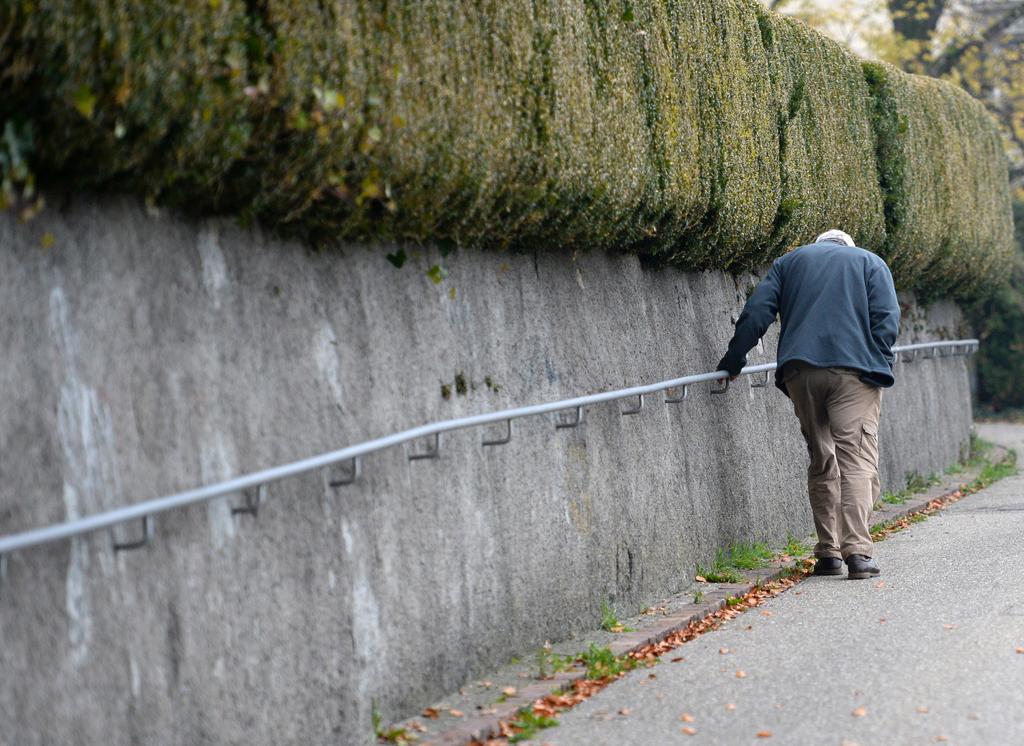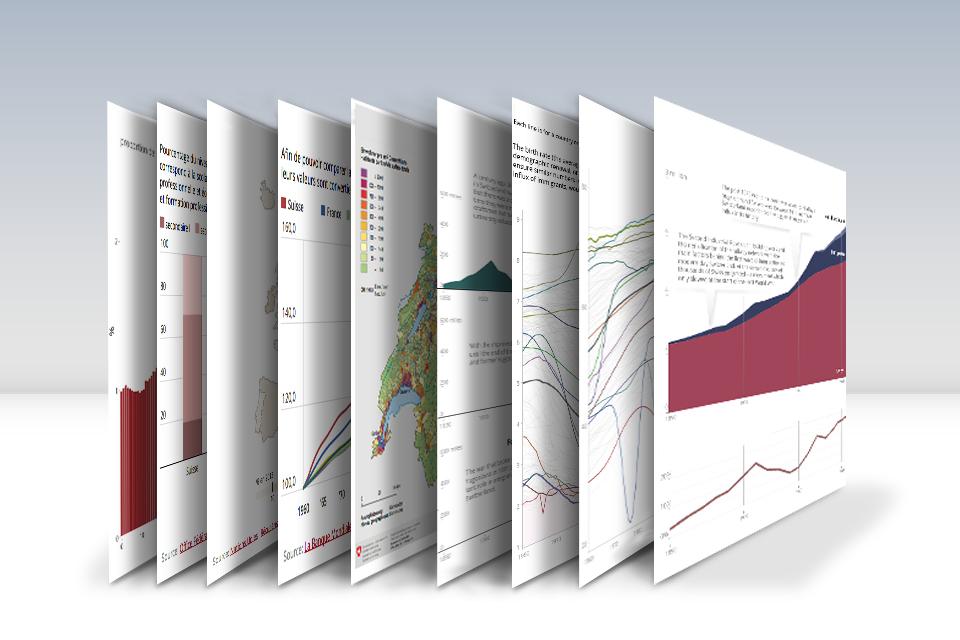Study: foreign residents live longer than Swiss

Foreign residents in Switzerland have longer life expectancies than Swiss natives born in the small alpine nation, new research from the University of Geneva reveals.
A five-year research project, entitled “Why do migrants live longer?External link”, by Jonathan Zufferey, a demography student at the university, found that on average male foreign residents live two years longer than Swiss natives, while female migrants live 1.2 years more.
This life expectancy gap between foreigners and natives in Switzerland also increases as you descend the social scale, Zufferey found. The gap was greater among precarious workers and narrowed among company bosses. The results mimic similar conclusions encountered in the United States and Germany.
Already, the Swiss generally live to be among the oldest in the world. On average Swiss women can expect to live to an impressive 85.1 years and Swiss men to 80.7, pipped by only Japanese women (87) and Icelandic men (81.2).
In terms of life expectancy by place of origin, Zufferey found that the Portuguese, Turkish and people from the former-Yugoslavia had higher life expectancies than Swiss. Owing to a lack of data, asylum seekers and illegal immigrants were not included in the study.
However, there is no clear theory why this phenomenon occurs, Zufferey told the Tribune de Genève newspaper: “It’s a paradox as migrant populations remain tendentiously more vulnerable.”
In developed countries researchers favour the natural selection effect. This theory is based on the fact that families choose their strongest and healthiest to go and work in Switzerland, he said.
In the United States researchers argue cultural factors influence this phenomenon: mutual help, family support and diet.
Zufferey said he thought the “fighting spirit and desire of foreigners to build something” in a new country had an influence on life expectancy.
He plans to continue his research into this phenomenon, which he has also presented to the Federal Health Office in Bern.

In compliance with the JTI standards
More: SWI swissinfo.ch certified by the Journalism Trust Initiative










You can find an overview of ongoing debates with our journalists here . Please join us!
If you want to start a conversation about a topic raised in this article or want to report factual errors, email us at english@swissinfo.ch.